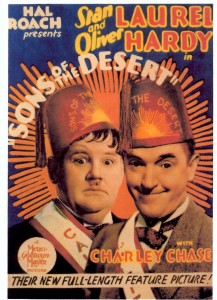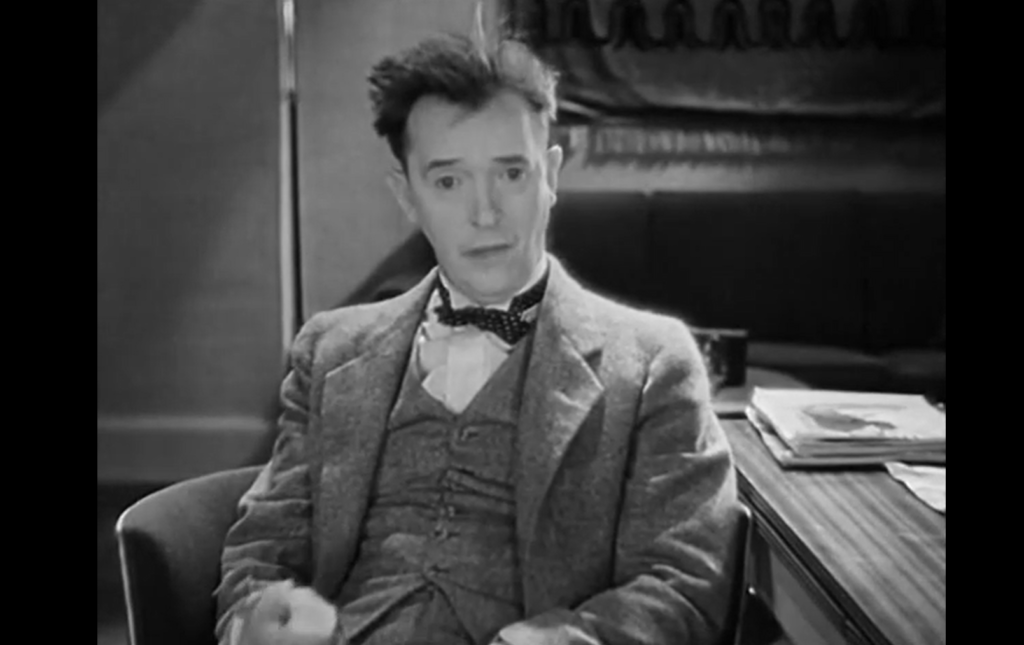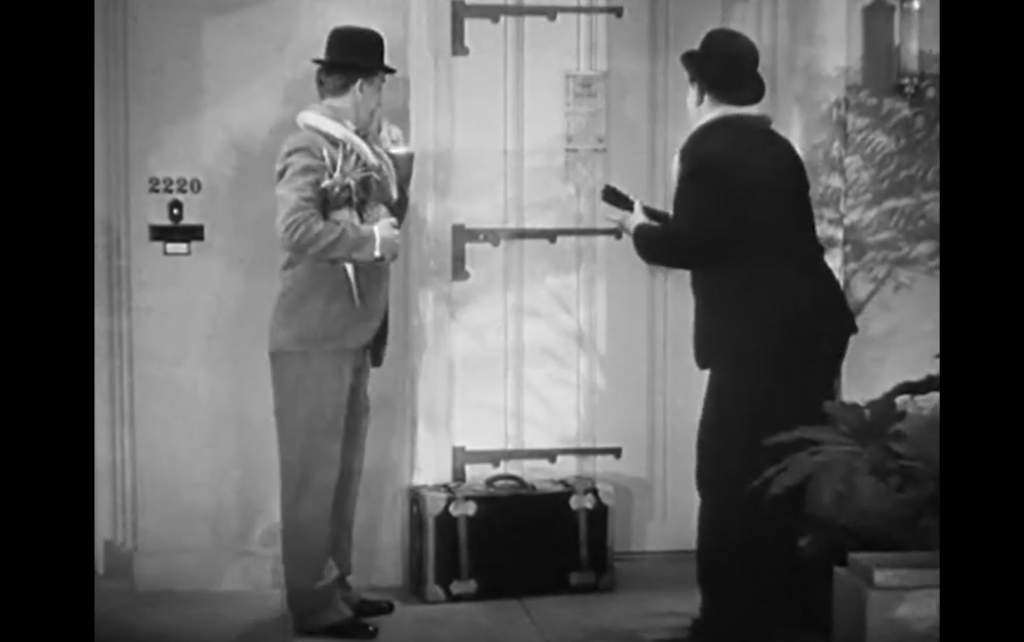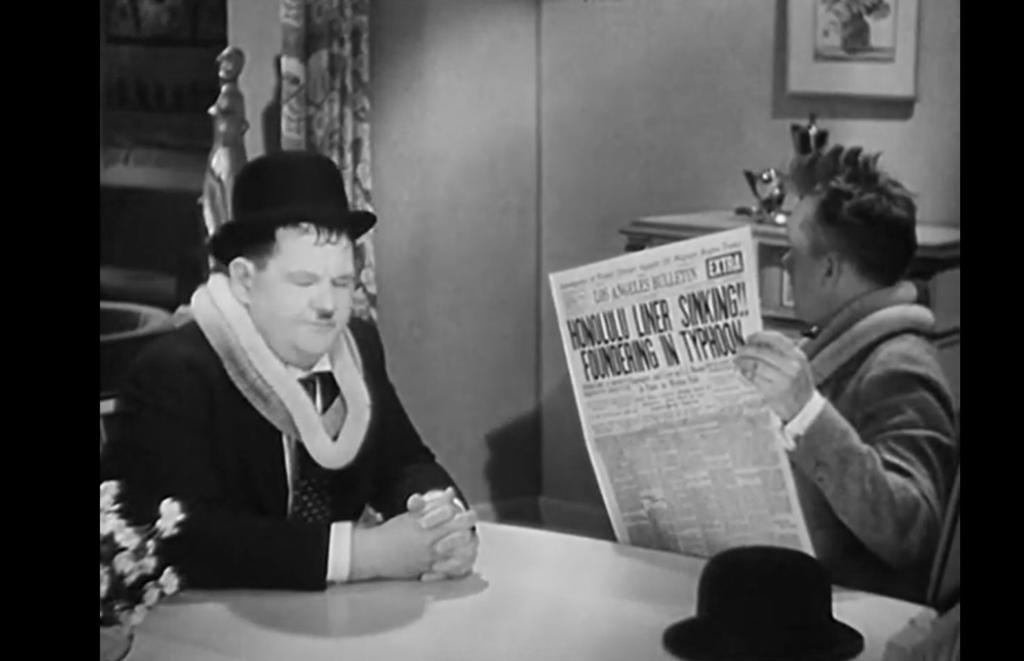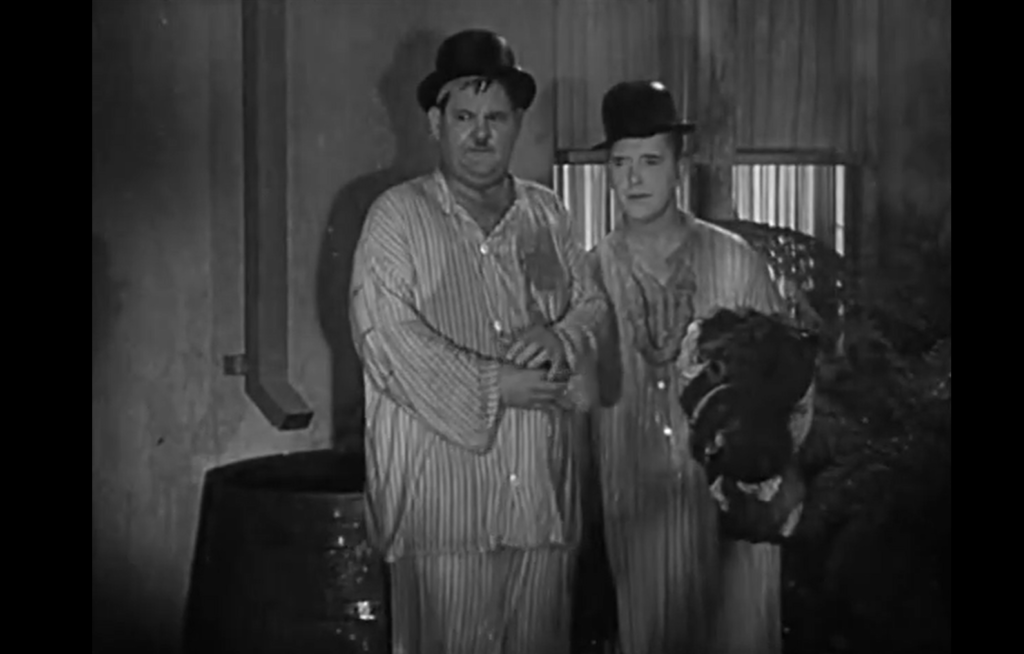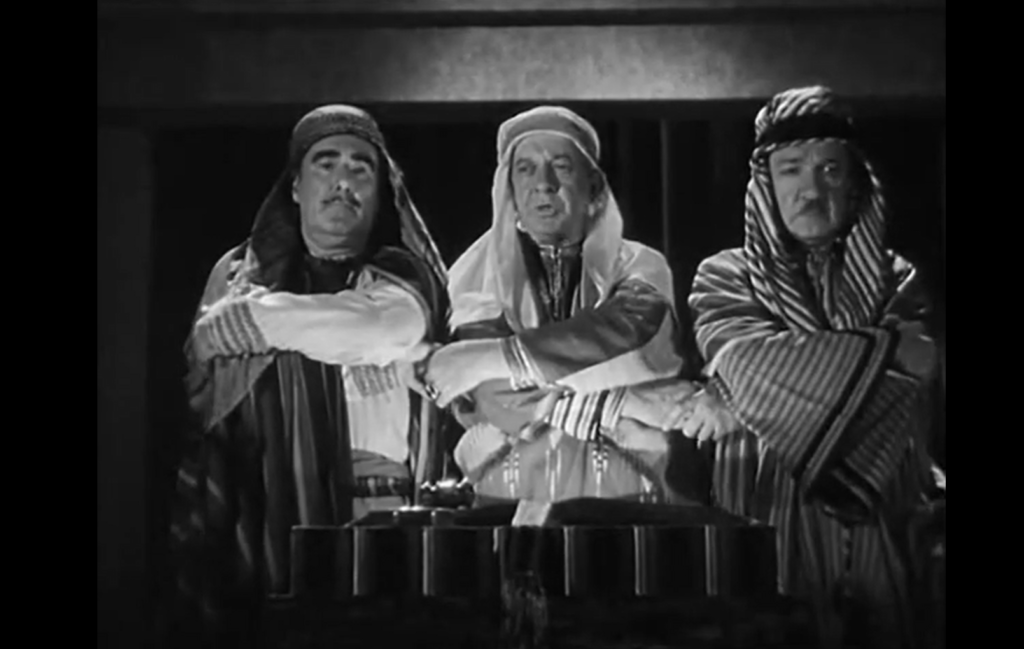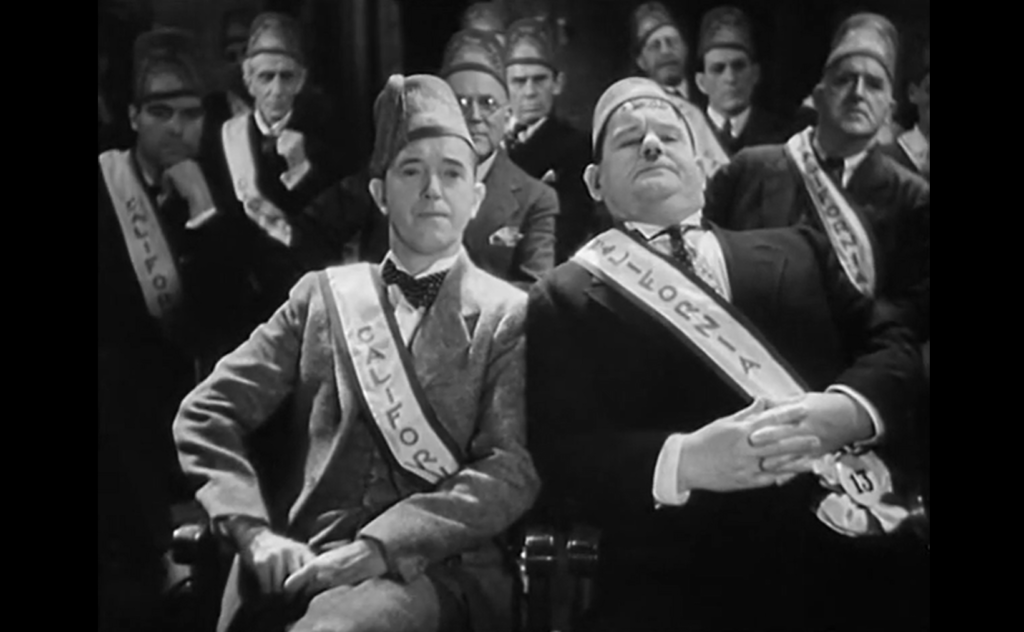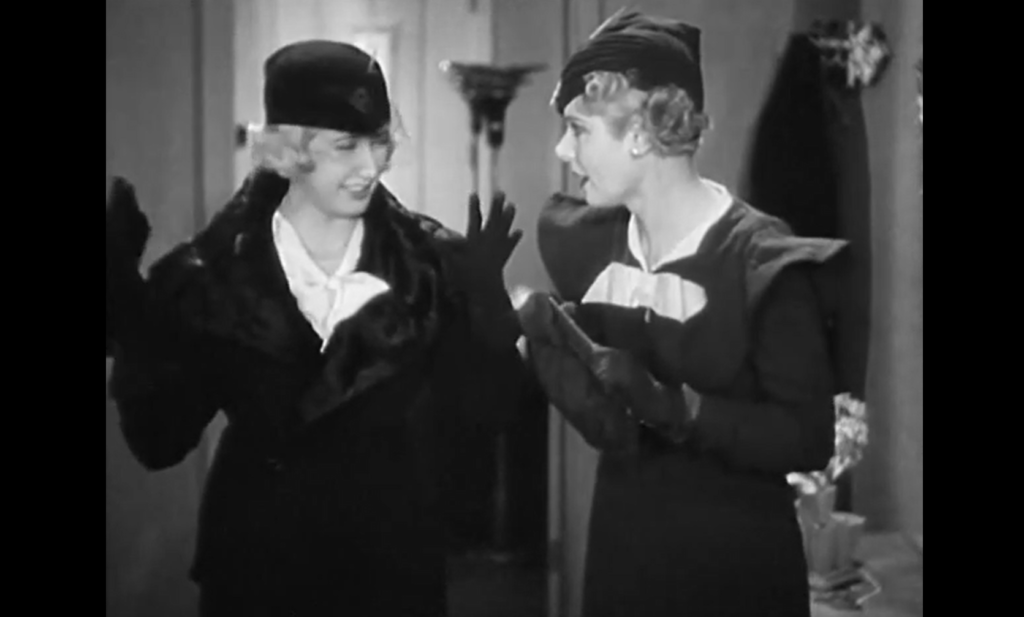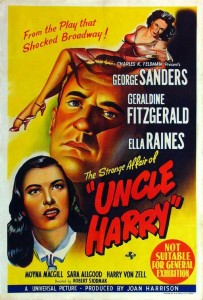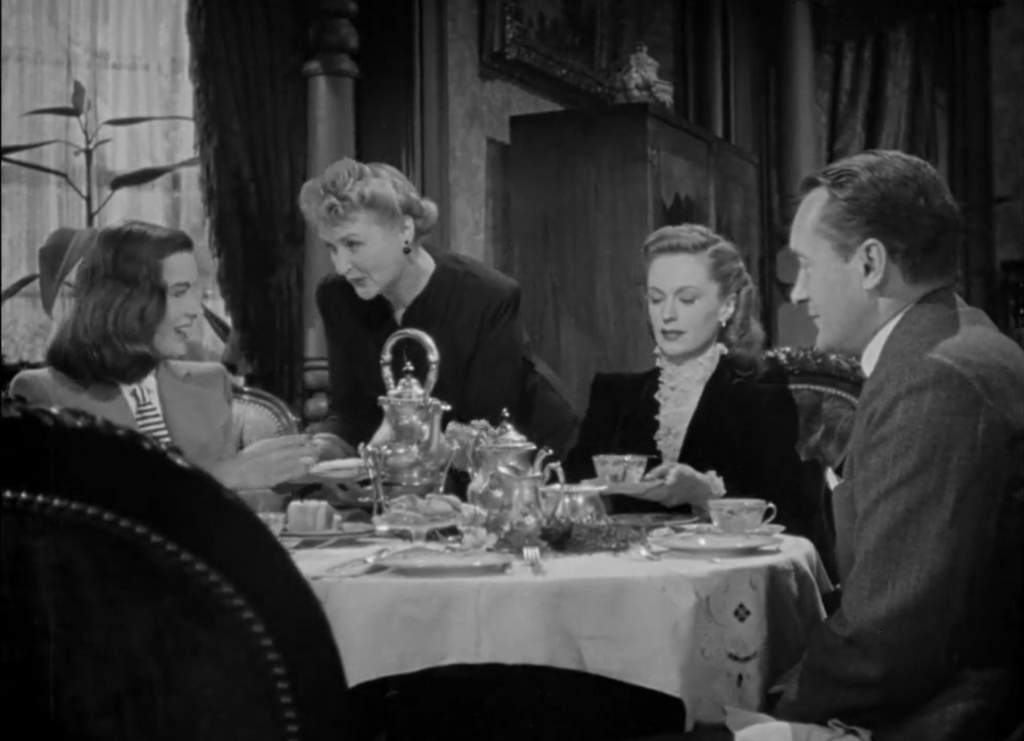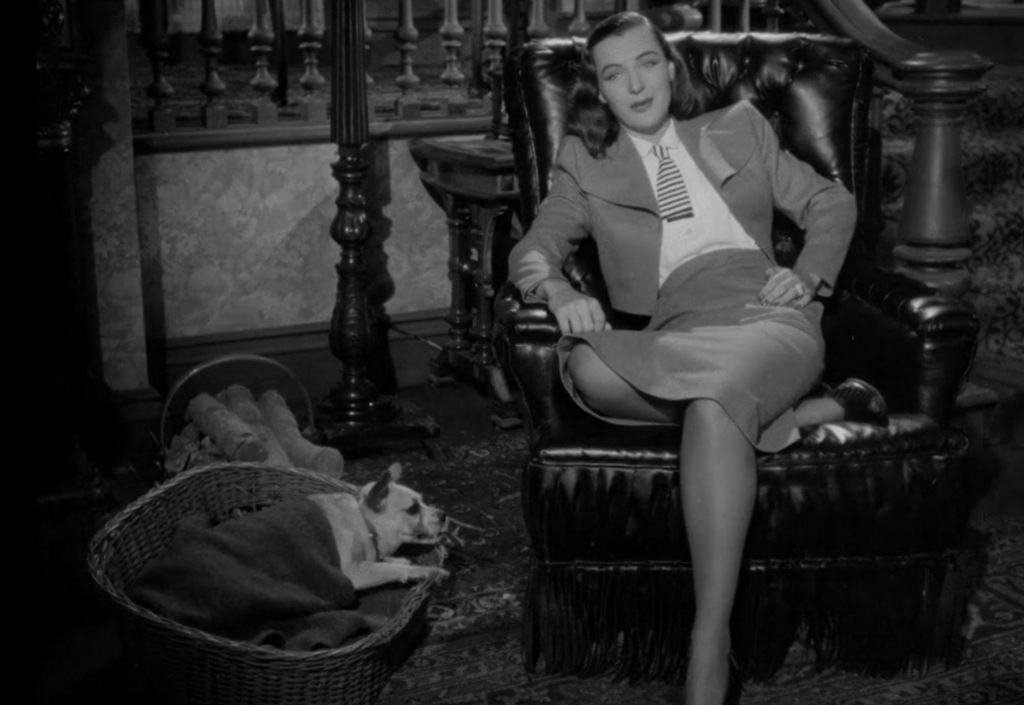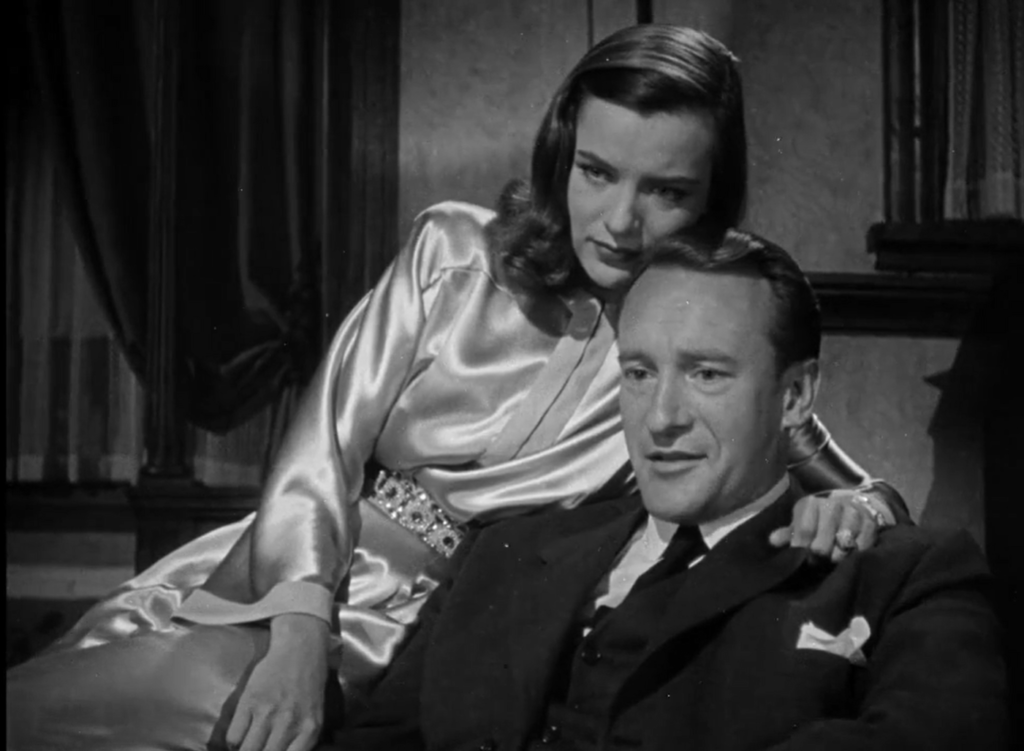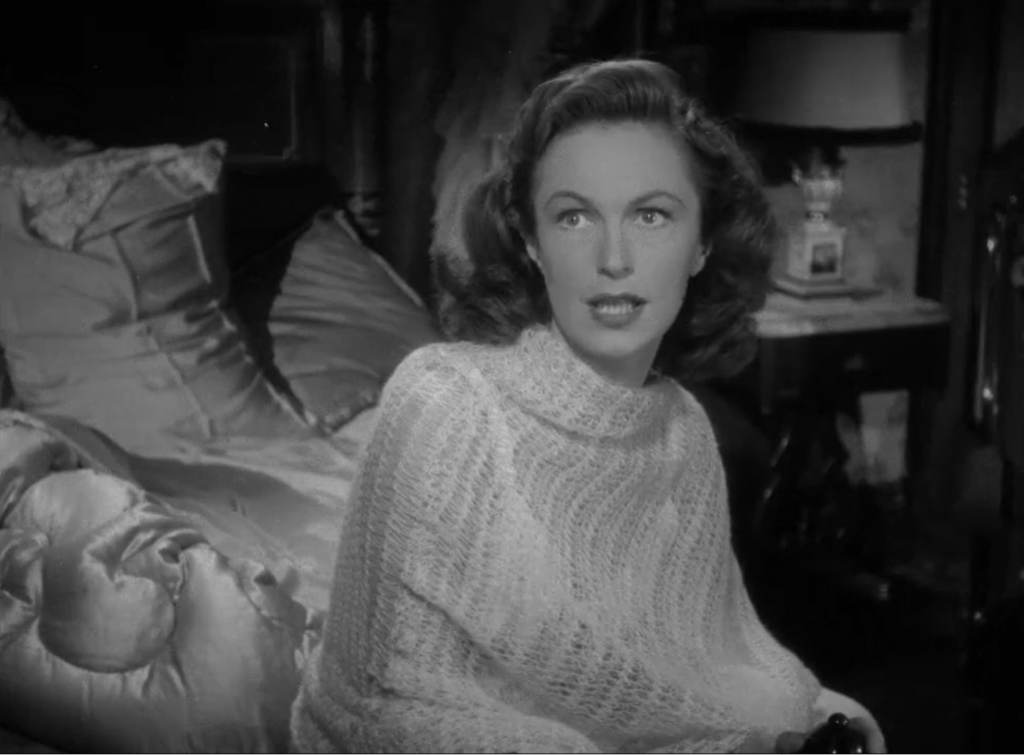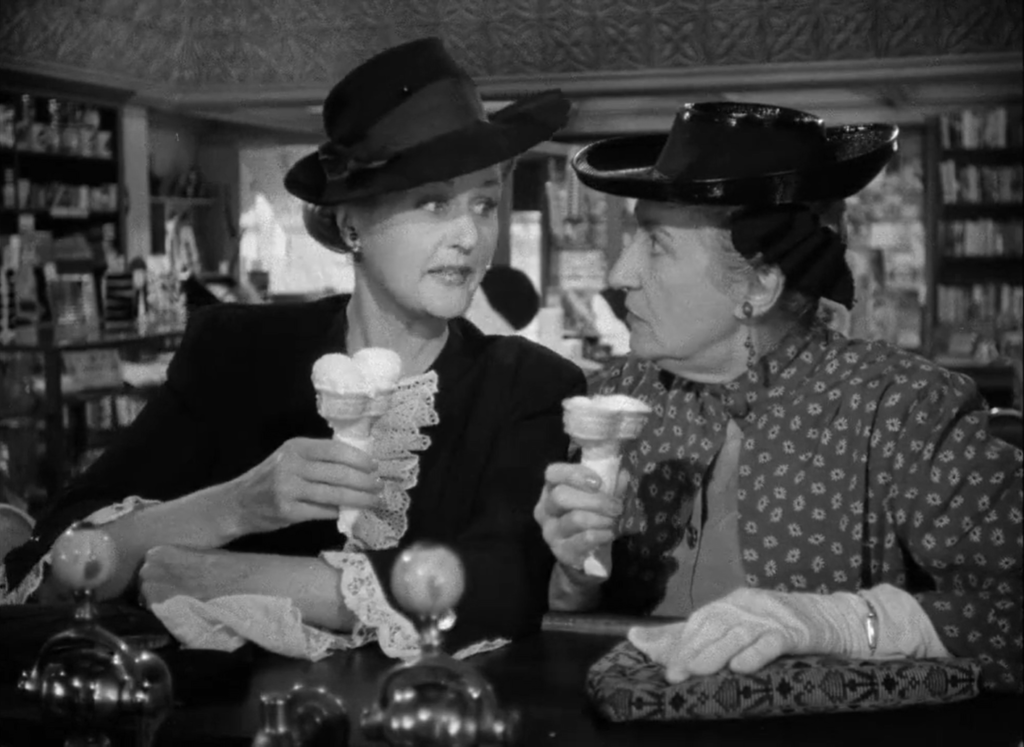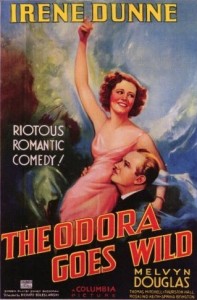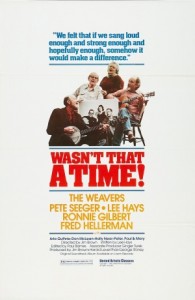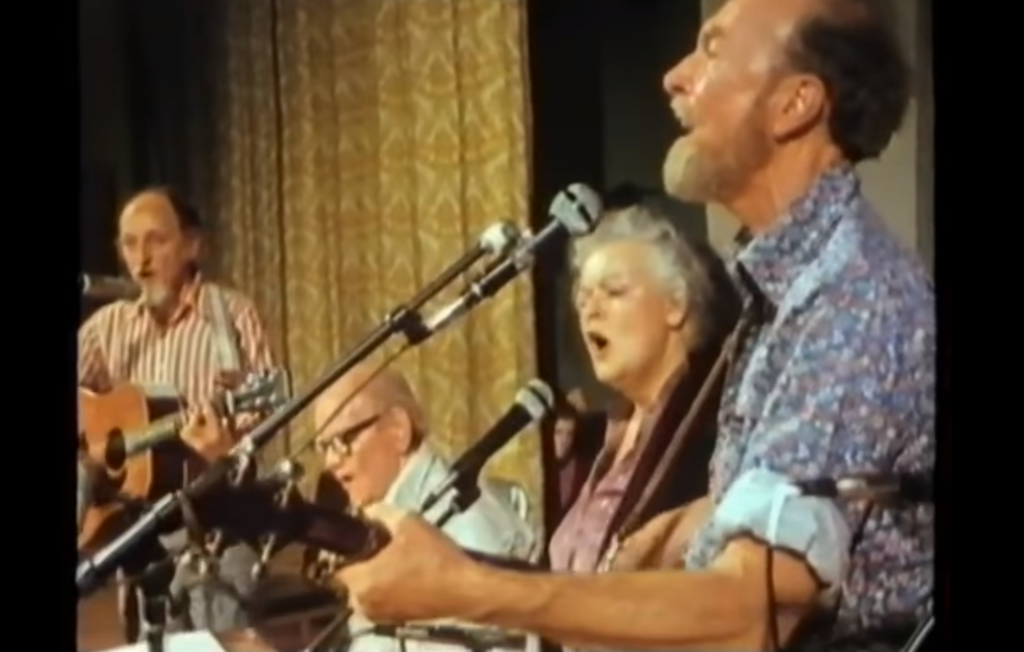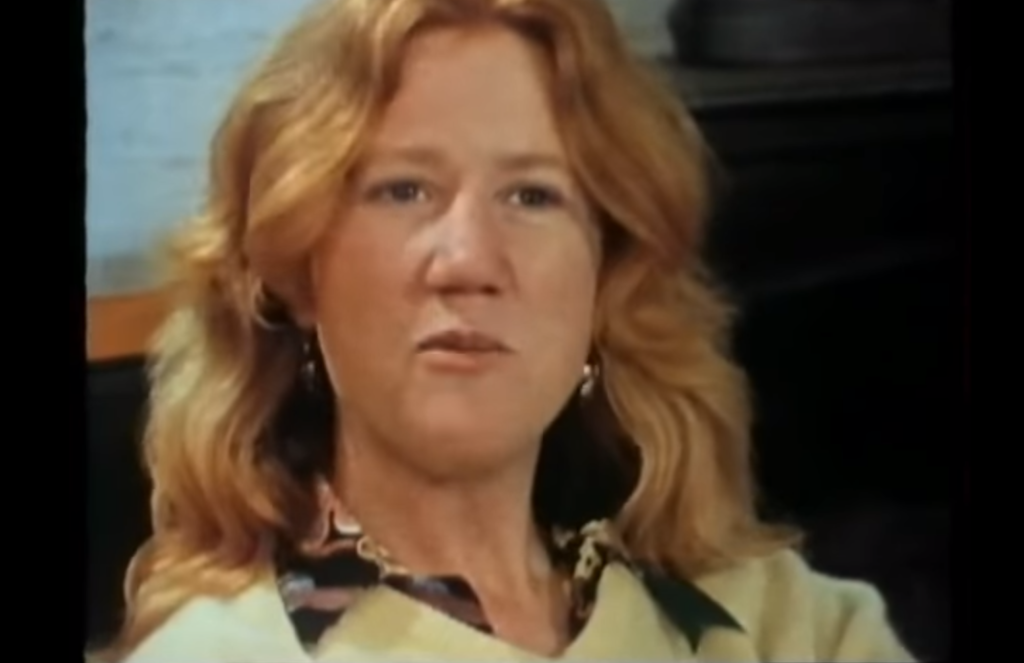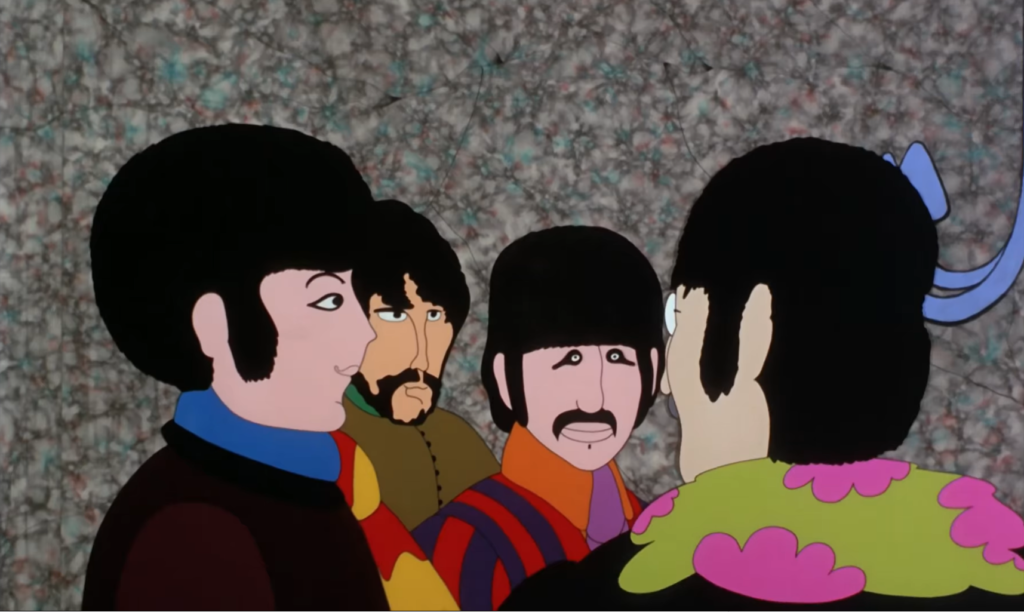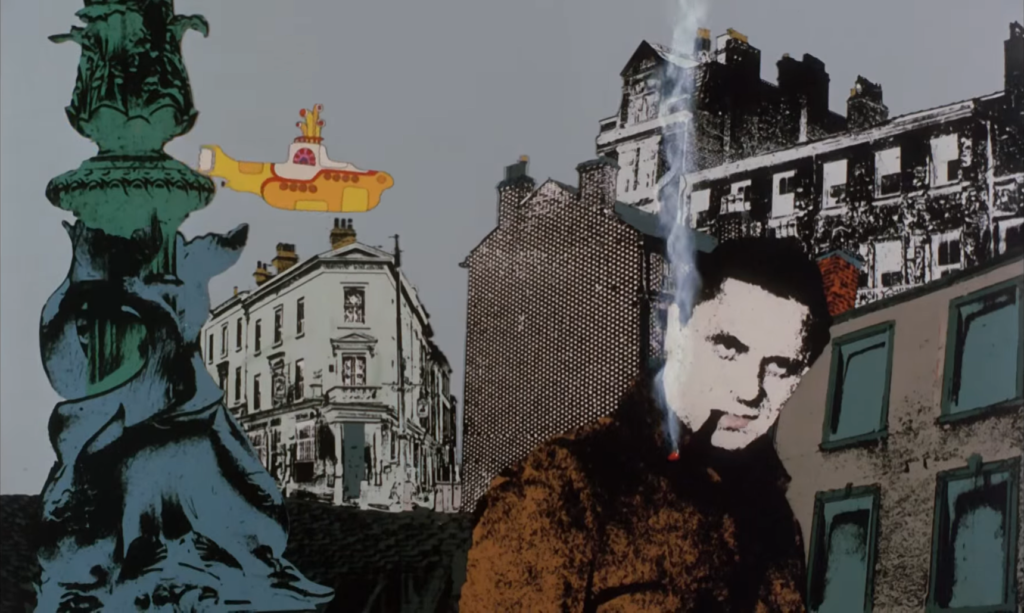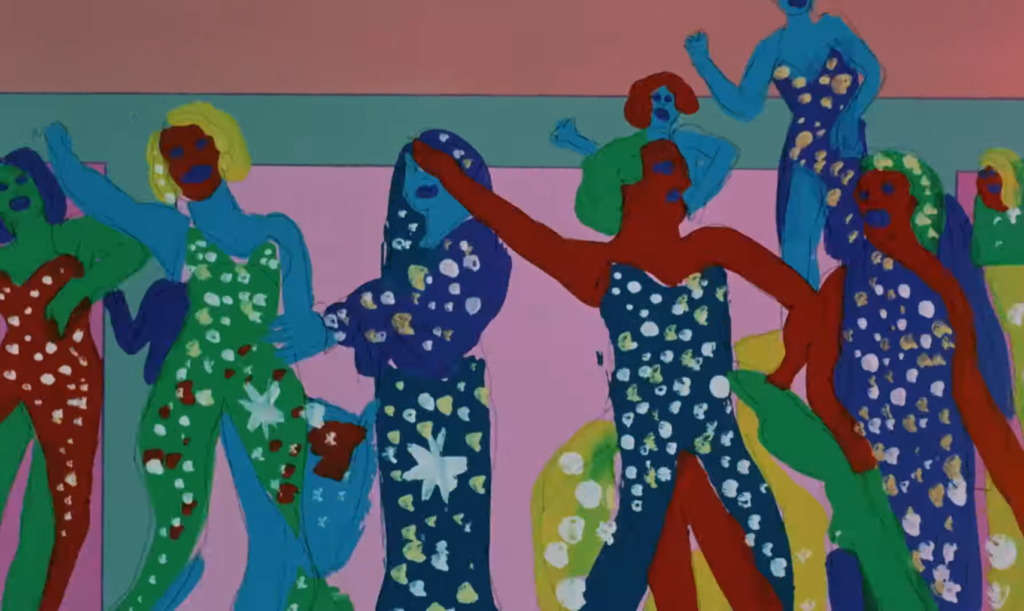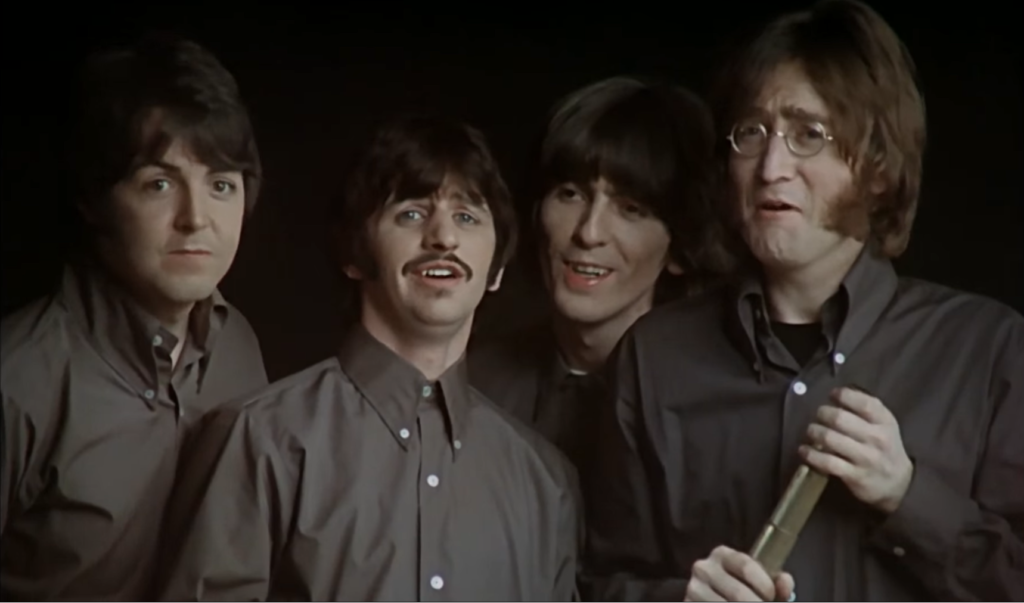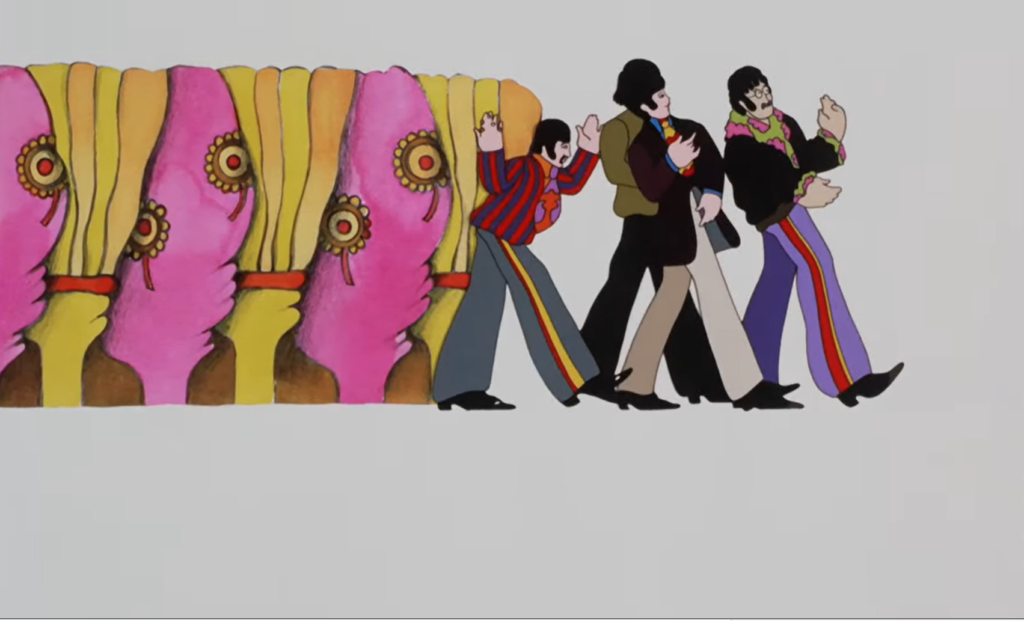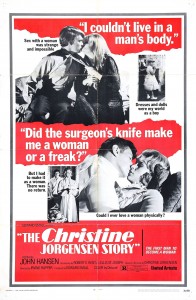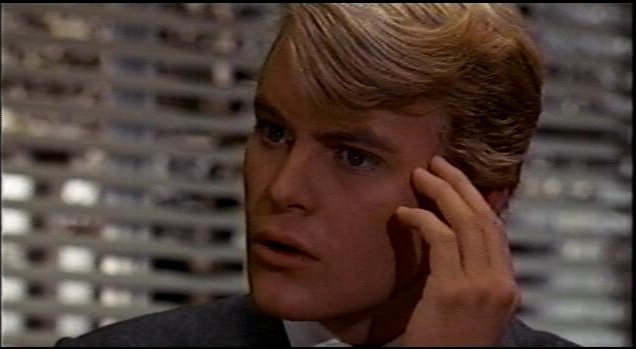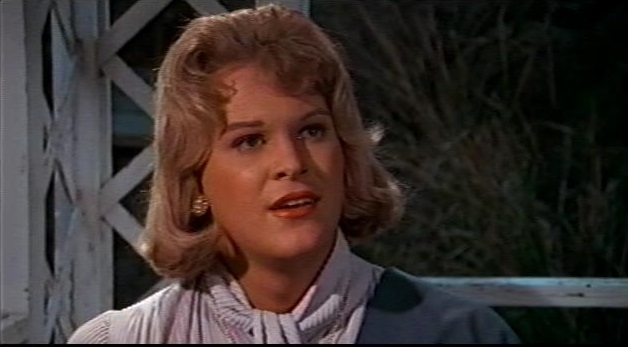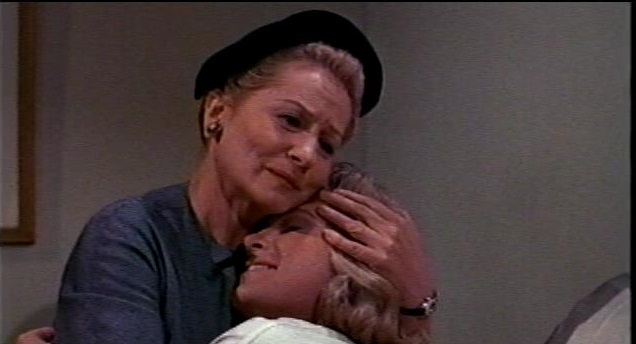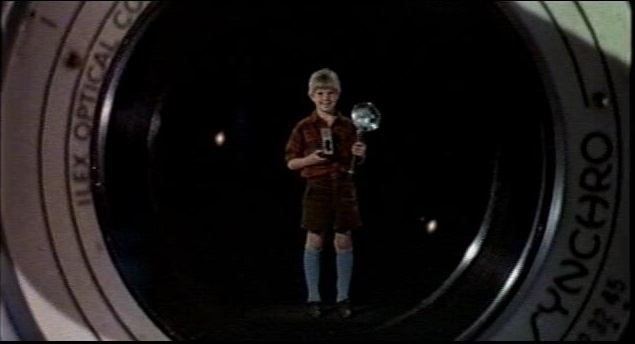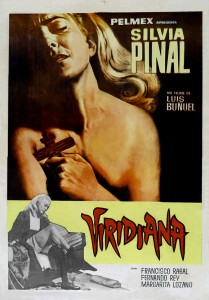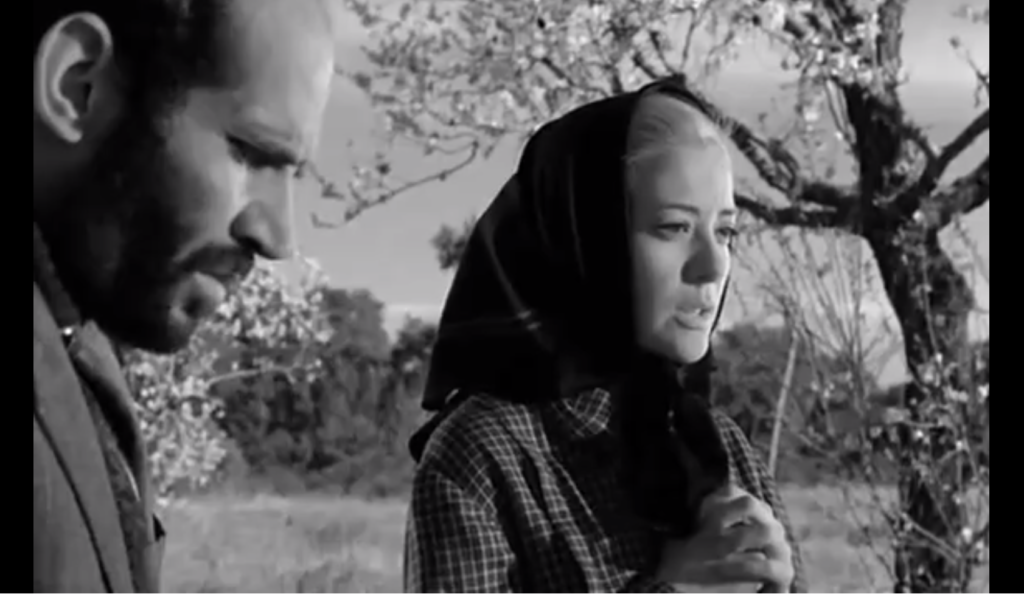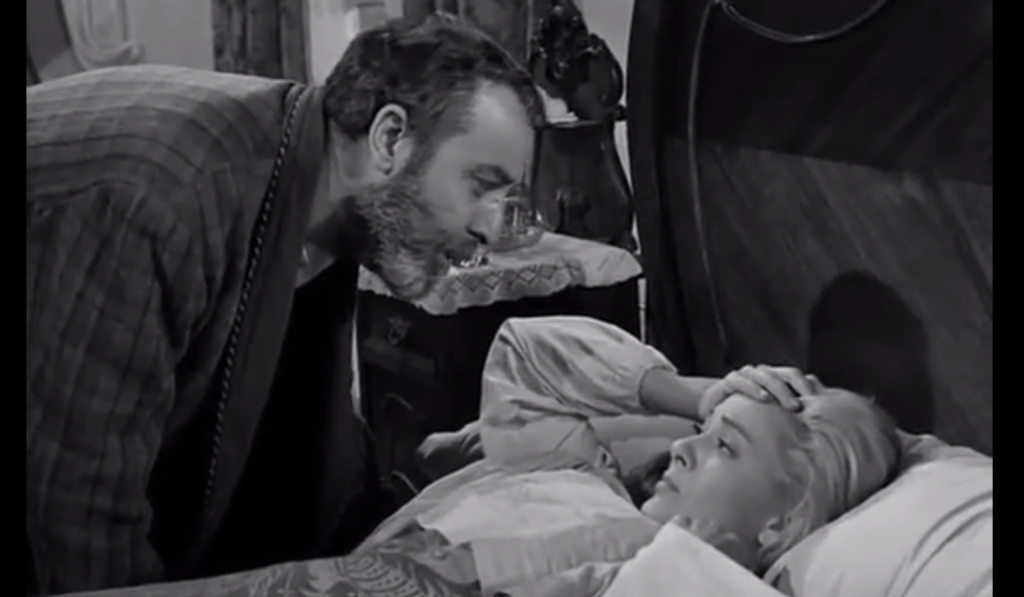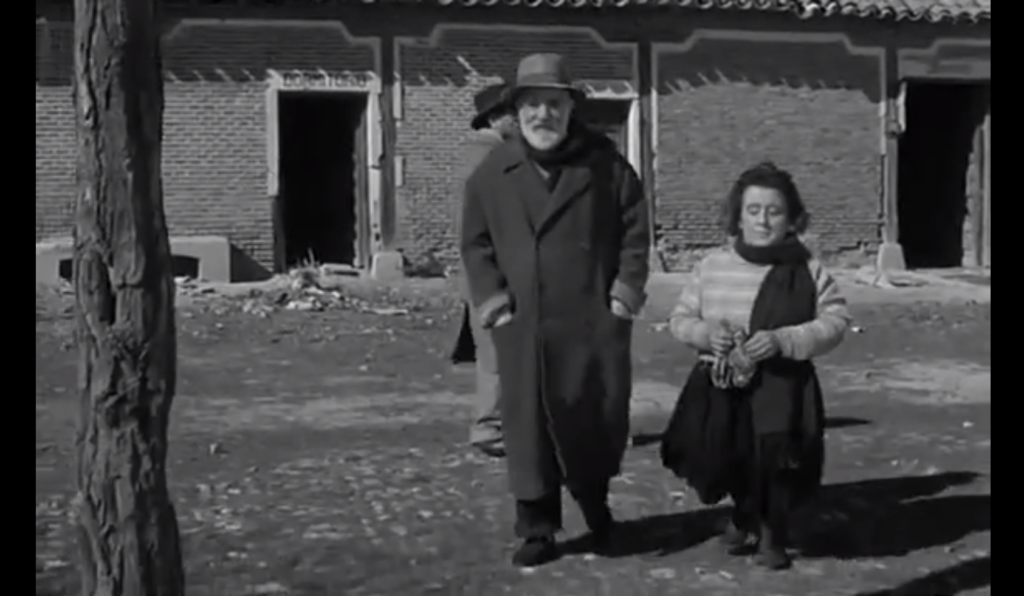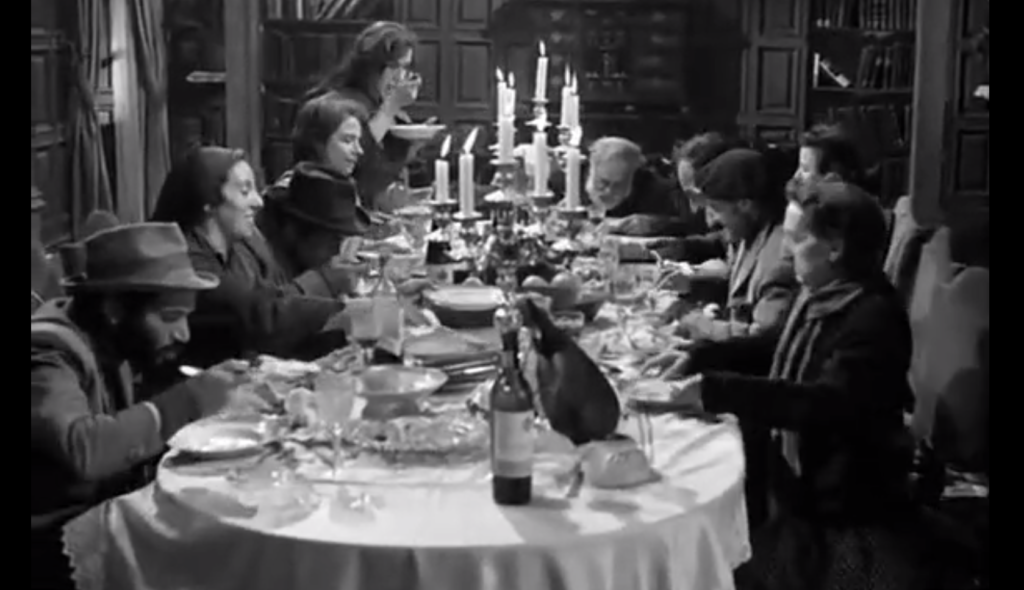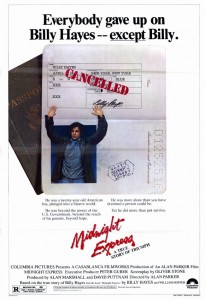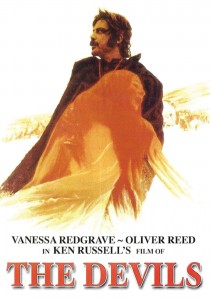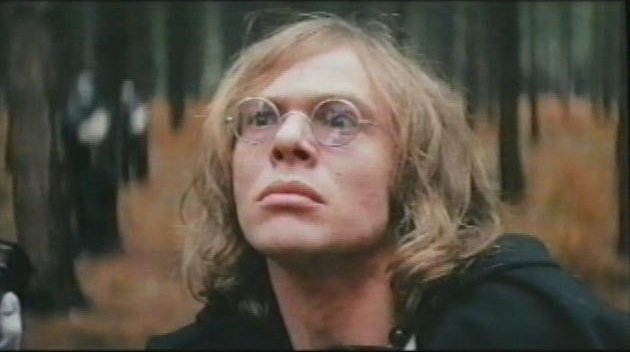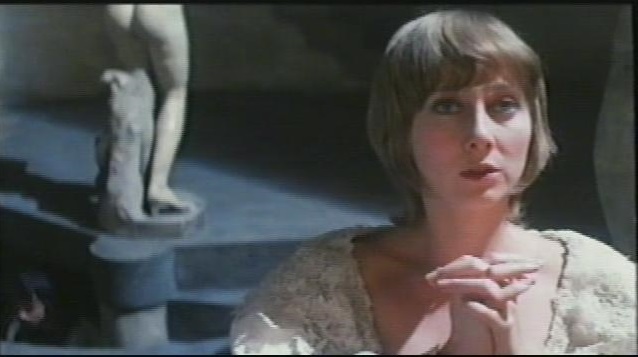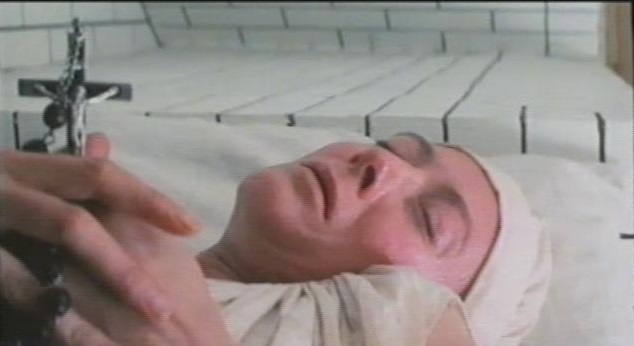|
Genres, Themes, Actors, and Directors:
- Character Arc
- Irene Dunne Films
- Melvyn Douglas Films
- Mistaken or Hidden Identities
- Morality Police
- Romantic Comedy
- Small Town America
- Thomas Mitchell Films
Response to Peary’s Review:
As Peary notes, the primary issue with this intermittently amusing but ultimately disappointing screwball comedy is that the male lead (played by Melvyn Douglas) is “thoroughly obnoxious”. He points out the folly of (male) screenwriters presenting “an obnoxious man who chases after a woman who wants him to go away, pays no heed to her rejections, and doesn’t care what embarrassment he’s causing her, her family, or her friends”, then “have the audacity to have the woman fall in love with their hero”:
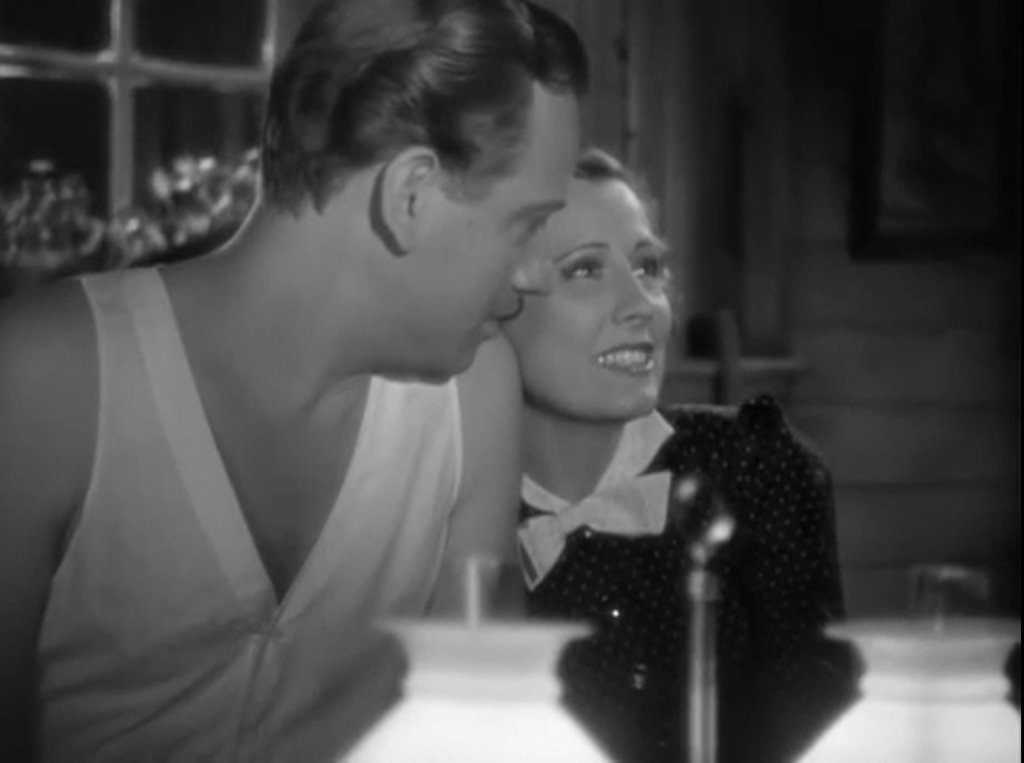
— and he accurately notes that “when Douglas flees to New York, Dunne should let him go… rather than becoming an unbearable character herself.” Plus, I don’t buy Douglas’s motivation for following Theodora (Dunne) out to the small town of Lynnfield, given that he’s already married and has no interest in pursuing a lasting relationship with her. (His character would have made a lot more sense to me if he was a reporter trying to pen a scoop story.)
Other minor quibbles with the movie include the fact that it’s difficult to take Theodora seriously as a writer, given that we never see her writing (what goes on in her head during the process?). Plus, two pets (a cat and a dog) are hurt in the story — presumably for laughs, but neither scene is really all that funny. Despite its flaws, however, the film has several redeeming qualities. It makes the point that small-mindedness isn’t exclusively a small-town trait (indeed, Douglas’s wealthy New York family is just as stuffy as Lynnfield’s puritanical “bluenoses”). It also provides an interesting twist on the theme of revenge, given that Theodora isn’t simply trying to “get back” at Douglas; she genuinely wants to help him break free, just like he “helped” her. Finally (and most importantly), Irene Dunne sparkles in the lead role — it’s a joy to watch Theodora emerging from her shell, and easy to see why Dunne quickly landed additional roles in romantic comedies.
Redeeming Qualities and Moments:
- Irene Dunne, charming in her first major comedic role
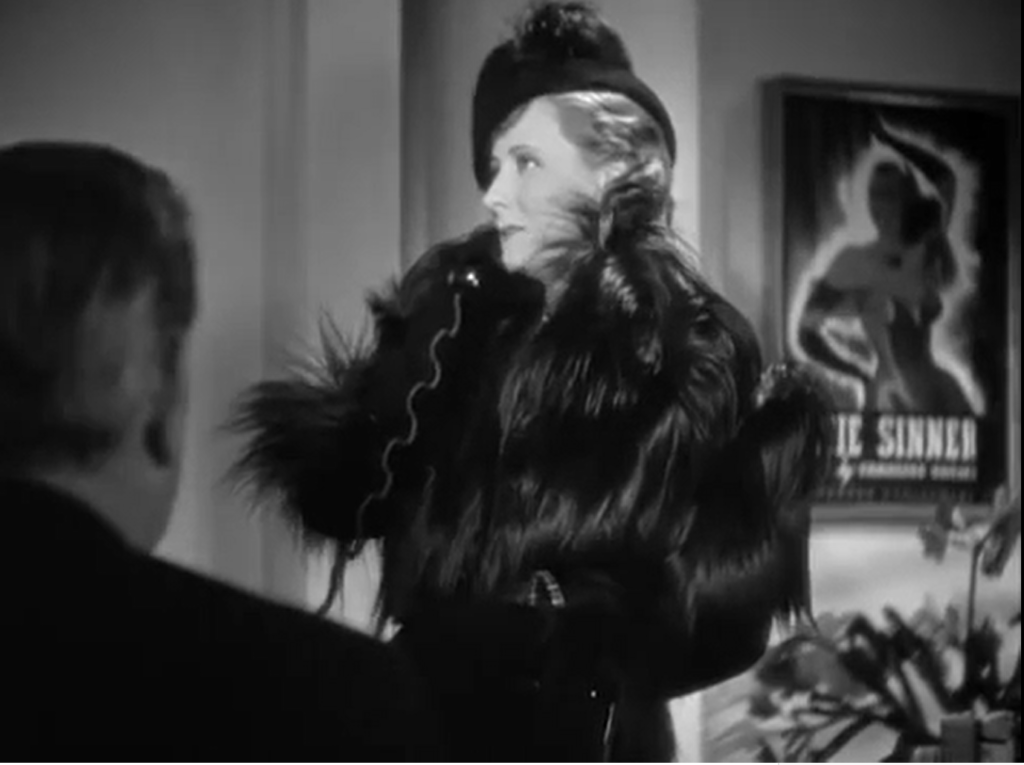
- Fine cinematography
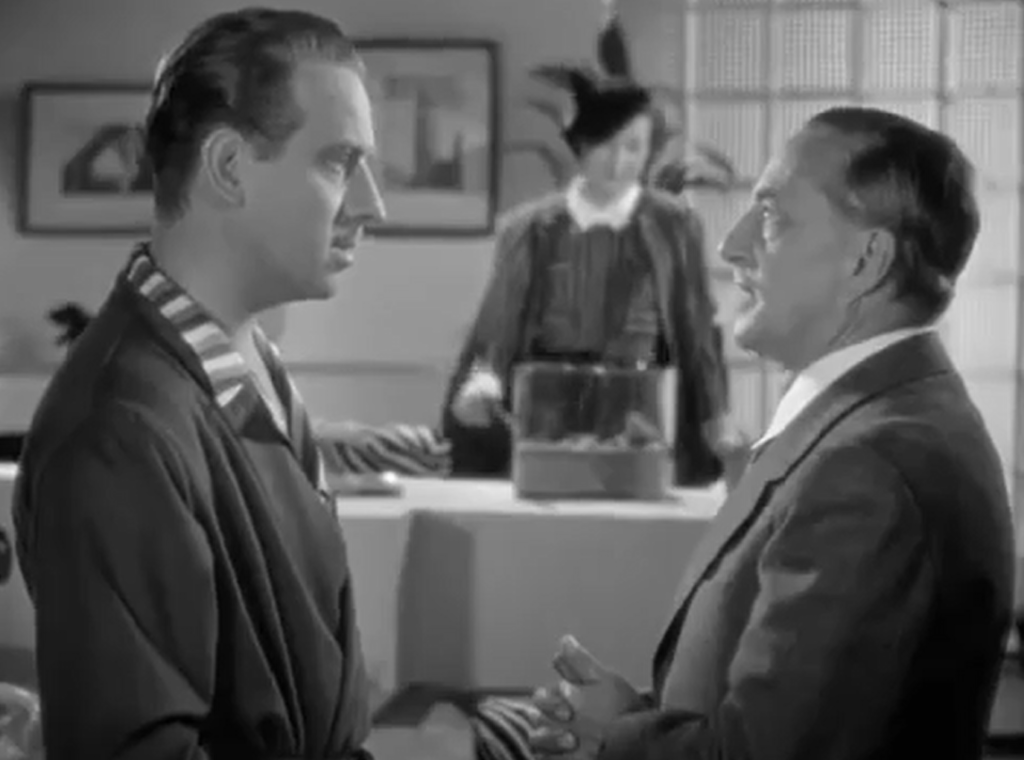
Must See?
No. While enjoyable at times, this screwball comedy doesn’t quite deliver. On the other hand, film fanatics may be interested in watching it simply to see Dunne in her first major comedic role.
Links:
|
